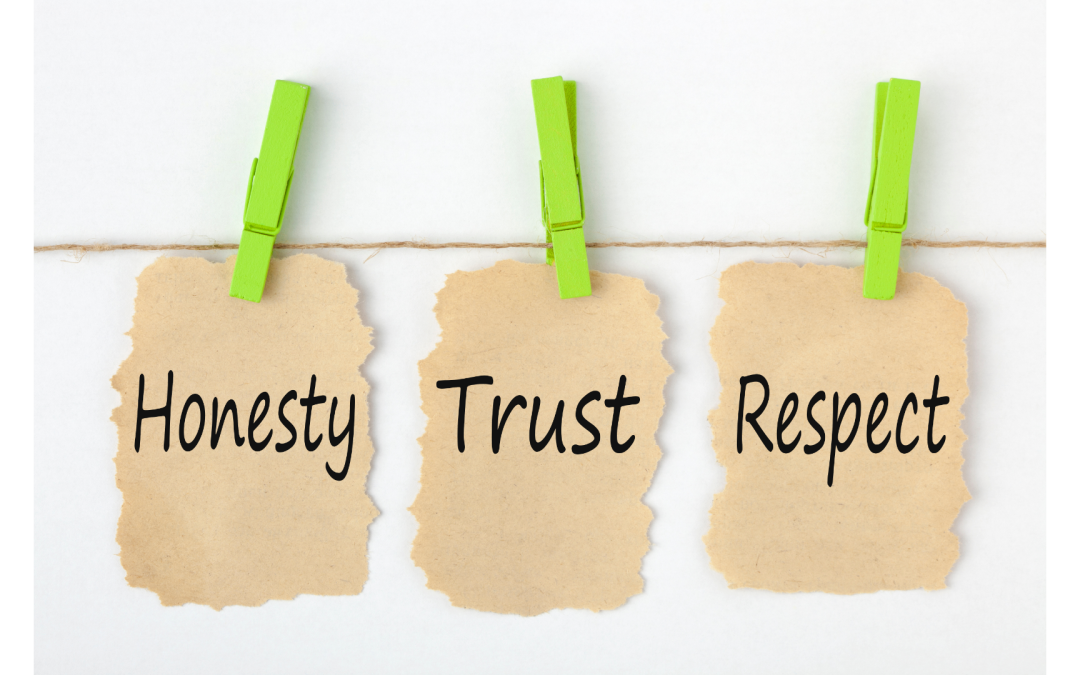In today’s interconnected world, the allure of the “like” button can often extend beyond social media into the realm of real life. That can be especially problematic for leaders who might mistake popularity for true influence and who might seek the immediate gratification of likes and approval over lasting impact.
Steve Jobs once said: “If you want to make everyone happy, don’t be a leader. Sell ice cream.” He had a point.
The Essence of True Leadership
True leadership isn’t measured by the number of likes or followers, but by the ability to inspire and guide others toward a shared vision. Dwight D. Eisenhower said, “Leadership is the art of getting someone else to do something you want done because he wants to do it.”
True leadership is about fostering a sense of purpose and passion that transcends mere manipulation and coercion. It’s about people wanting to follow you because your decisions make sense. It’s also about avoiding the pitfalls of superficial decision-making that might result in the wrong decisions because choices are driven by the desire for affirmation not the best interests of the organization or community.
Know Yourself First
But before a leader can effectively lead others, he or she must first understand themselves and their own motivations (even their desire to be liked). That’s where Emotional Intelligence (EQ) comes into play.
As a part of EQ, self-awareness is the cornerstone of authentic leadership. Assessments can be valuable tools in this process of better understanding yourself, helping you clarify your values, behaviors, and motivations. Enhancing your self-awareness can be a game changer, allowing you, as a leader, to gain insights into your strengths and better recognize opportunities for change and growth. As my friend Judy Suiter says, “If someone else knows you better than you know yourself, they hold power over you.” That’s so true.
Now, it’s true that likability can certainly enhance a leader’s effectiveness. But still, it’s absolutely not a prerequisite for effective leadership. Respect, earned through integrity, competence, and genuine concern for others, is far more valuable in the long run.
Authenticity is Key
In fact, truly effective leaders are not always the most popular people, but they are invariably the most respected. They earn respect through their actions, their sound decisions, their trustworthiness, and the way they treat others. This is an authentic way to lead; it’s a sustainable way to lead.
In a world inundated with superficial measures of approval, it’s essential for leaders to rise above the “like” game and focus on what really matters: inspiring others, fostering growth, and making a positive impact on their community and even the world.
I encourage you to prioritize substance over what’s on the surface, impact over approval and integrity over popularity. That’s how you avoid the distractions of the “like” game and become the kind of leader who inspires and has a lasting positive impact.

Recent Comments